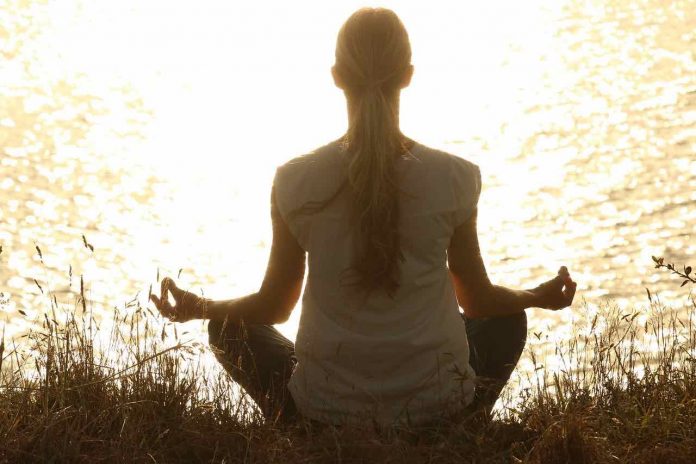As Australia experiences the implications of the coronavirus crisis, the issue is not just a health or economic concern, but also a mental health and wellbeing crisis.
Beyond medical and public health interventions that the government is developing to combat COVID-19, it is necessary to start developing wellbeing, mental health and resilience supports for individuals and communities, according to Professor Mike Kyrios, Vice President & Executive Dean, College of Education, Psychology & Social Work, and Director, Órama Institute of Mental Health, Wellbeing & Neuroscience, at Flinders University.
This includes a simple 6-step strategy called STREAM that individuals can put into effect.
“If wellbeing and resilience interventions are rolled out early, we prevent people turning up unnecessarily to medical services, and becoming too anxious, developing mental health problems or exacerbating any existing problems such as OCD, anxiety or trauma conditions,” says Professor Kyrios.
South Australia is at the forefront of pre-emptive and preventative wellbeing interventions that can mitigate the development of mental health dysfunction and improve community outcomes. Therefore, existing resources can easily be upscaled and adapted for the current situation, to help people if they’re stuck at home or are beginning to feel stressed.
Flinders University’s Órama Institute of Mental Health, Wellbeing and Neuroscience and SAHMRI’s Wellbeing and Resilience Centre have been working to develop more effective wellbeing interventions and can easily provide upscaleable adaptations to counter the challenges of the COVID-19 crisis.
STREAM is the acronym for 6 simple strategies we can all follow if we are quarantined or working from home.
S is for Social networking. Social distancing or quarantining may be necessary for our general health, but it doesn’t mean we should cease all social networking. Remain in touch with people through social media or a simple phone call. Share your experiences to facilitate support, or use the best of Australian humour to lighten the situation. Dinners or dessert and coffee over Skype are always a hoot!
T is for Time Out. Remember to separate from each other when you’re stuck in the home for long periods. It can be particularly useful to timetable periods of Time Out to minimise the ongoing stress of being in a limited space with others for long periods.
R is for Relaxation, mindfulness or yoga strategies. Managing anxiety can be helped through using a variety of relaxation strategies. Breathing and muscular relation exercises, mindfulness training, dancing, yoga and playing musical instruments are a few available strategies that are effective.
E is for Exercise and Entertainment. Burn off some energy if you have a yard or a space where you can get some exercise. Find opportunities in the home to undertake some exercise. Alternatively, entertain yourself by catching up on some reading, streaming services, digital or board games, hobbies, or playing music.
A is for Alternative thinking. Uncertainty and novelty will lead to heightened tension and stress. Question yourself if you’re becoming angry (such as supermarket or car rage). Are your fears likely to eventuate? What does science tell us about the most likely outcomes? Is your response reasonable? Are there better ways to manage your underlying motivations? Think things through to find resolution, or talk to someone else, such as a friend or a counsellor.
M is for being Mindful of others. Remember, this is just a short-term situation that we can all get through if we work together. Resolving crisis is not new to Australians. We’ve done it before, working together and maintaining courteous and caring interpersonal relationships. Neighbours help each other and no one gets left behind after fires, floods and other times of need. Make sure it happens now. Check on your neighbours, making sure you maintain good hygiene practices. The elderly and those with previous medical conditions are particularly vulnerable and may need support. Never forget that simple acts of kindness make us feel good about ourselves, the world and the future.
Much of what we experience is based on more than objective experiences. It’s also our perception of what happens, our attitudes or beliefs, and how we regulate our emotions.
“It’s no different in the current COVID-19 crisis,” says Professor Kyrios. “Many people appear to be controlling their fears and their need for certainty or control through panic buying – but the resulting pandemonium will not see us in good stead in the long run. Panic buying not only leads to many people in need missing out, but also builds further panic.
“Numerous irrational behaviours that we currently see will not quell fears or increase our sense of control over perceived uncertainties. Compulsive hoarding of toilet paper, in response to COVID-19, not only doesn’t make sense but is indicative of the mental health challenges we will see at the population level if we don’t take additional actions.”















